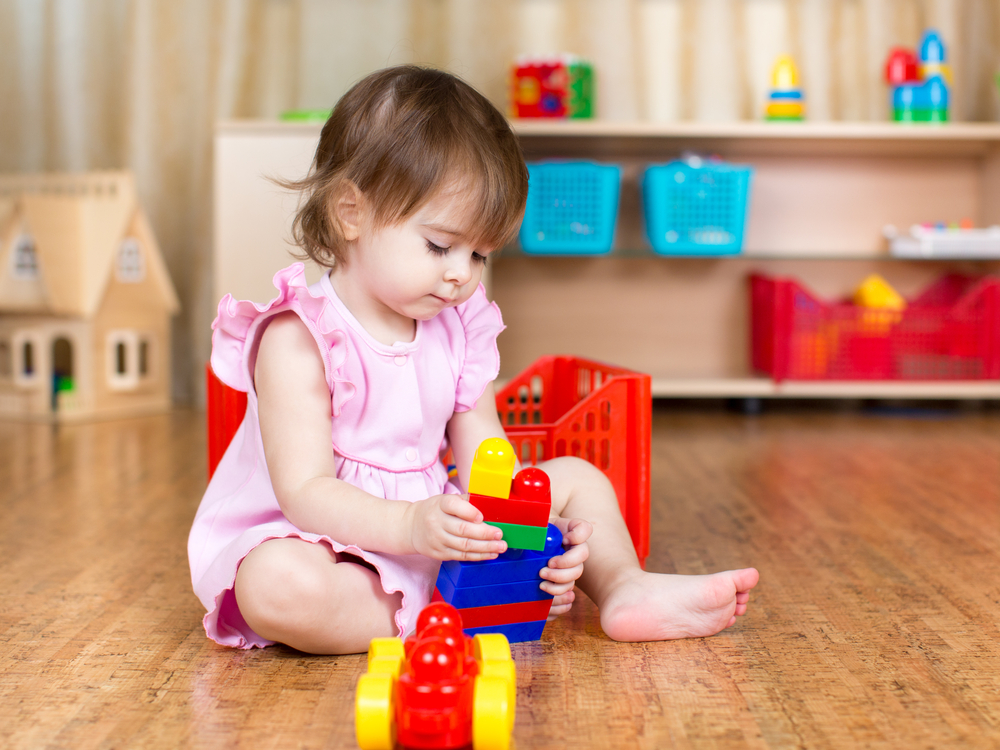As early experiences shape the architecture of the developing brain, they also lay the foundations of sound mental health. Disruptions to this developmental process can impair a child’s capacities for learning and relating to others „” with lifelong implications. By improving children’s environments of relationships and experiences early in life, society can address many costly problems, including incarceration, homelessness, and the failure to complete high school.
We all know that our childhood and adolescent experiences can shape our adult personalities and characters. Adults frequently exhibit mannerisms and patterns that are remnants of their past: if a woman has fond memories of childhood camping trips, she will likely continue to find comfort and peace in nature; if a man grew up on the music of his parent’s generation, he’ll probably listen to the same genre and style of music throughout adulthood.
But just how early do we start being affected by our experiences and circumstances? How early do we begin exhibiting the consequences of unstable environments? How do these types of situations manifest themselves later in life? And what are the implications of this data?
Mental health in early childhood
Mental health problems and their symptoms as they pertain to adults and even teenagers are often discussed and heard. However, far less visible is the significance of mental health in early childhood. Serious behavioral issues are often chalked up to a simply undesirable personality, rather than symptoms of a larger problem. In fact, significant mental health problems do exist in young children – attention deficit/hyperactivity disorder, depression, post-traumatic stress disorder“¦ But due to the unpredictable and uncertain nature of all children, it is difficult for even professionals to diagnose, let alone for the average parent or caretaker to perceive. Still, mental health problems in young children must be addressed, as they pose greater risks as the child matures.
So what is the cause of mental health problems in children?
Certainly, genetics play an important role in determining whether a child will exhibit issues. However, genes are not the only cause. Contrary to popular belief, genes are only blueprints. They contain instructions, but those instructions can be affected by the experiences and circumstances that children endure.
In the first few years of a child’s life, the brain develops at an incredibly rapid pace. Between 700 and 1000 connections are formed every second in the brain during this time. However, these connections are reinforced by experience and repeated use, and weaker bonds are soon broken once pruning begins, which is when the brain discards connections that seem irrelevant to increase efficiency. As such, experience and genetics play equal roles in determining the mental health of children.
Early childhood plays a critical role in building the foundation for lifelong good mental health
The experiences of a child’s first few years shape the architecture of the brain. A child’s relationships with parents, caregivers, teachers and peers are especially significant in providing a strong basis for later behavior, be it good or bad. If the child’s environment is strong, these relationships will provide a buffering effect when he or she is forced into a stressful situation. However, if he or she is surrounded by significant adversity, such as domestic violence or parental substance abuse, the child’s biological response to stress will become overactive, and he or she will be especially susceptible to mental health problems.
When a child is in a persistently traumatic environment, a form of stress that is especially destructive, called toxic stress, begins to damage the architecture of the brain. This is due to the damage caused by long periods of high stress levels when biological stress response systems are activated for extended amounts of time. These adverse experiences predict the emergence of both physical and mental health problems later in life, such as heart disease and diabetes, as well as depression and anxiety. Furthermore, toxic stress also damages the child’s cognitive, emotional, and social development, impairing his or her ability to learn and relate to others. If left untreated, this will continue to develop, leading to abnormal hormone levels that can affect school readiness and later academic achievement, as well as elevating the risk of the emergence of physical and mental problems in adult life.
It is incredibly important to diagnose and treat mental health problems early
Fortunately, the certain actions when taken early can mitigate the damaging consequences of early childhood toxic stress. It is incredibly important to diagnose and treat mental health problems early, as it is both easier and more cost-effective to alleviate these issues when spotted early. Symptoms of potential mental health problems do not always become disorders, and these disorders can be prevented by providing access to the right combination of appropriate, high-quality care. Though the children who are most at risk of developing mental disorders – ones that grow up in poverty or are plagued by domestic strife – are often those that have the greatest difficulty accessing the services they need, it is possible to protect the children living in such threatening environments. Indeed, it is frequently necessary to focus on the needs of a child’s caregiver when trying to meet the needs of the child. By coordinating services that focus on the entire scope of the child’s environment, we can mitigate the dangers of destructive environments to ensure the long term mental health of the child.
The implications of this information are incredibly significant. By reducing the onset of mental health problems in early childhood, not only will we be increasing the quality of life for a number of children, but we will also be targeting the roots of substance abuse and other problems that pervade society. Early childhood mental health is an immensely important issue, and preventing its manifestation could make a huge positive impact on our society.




















